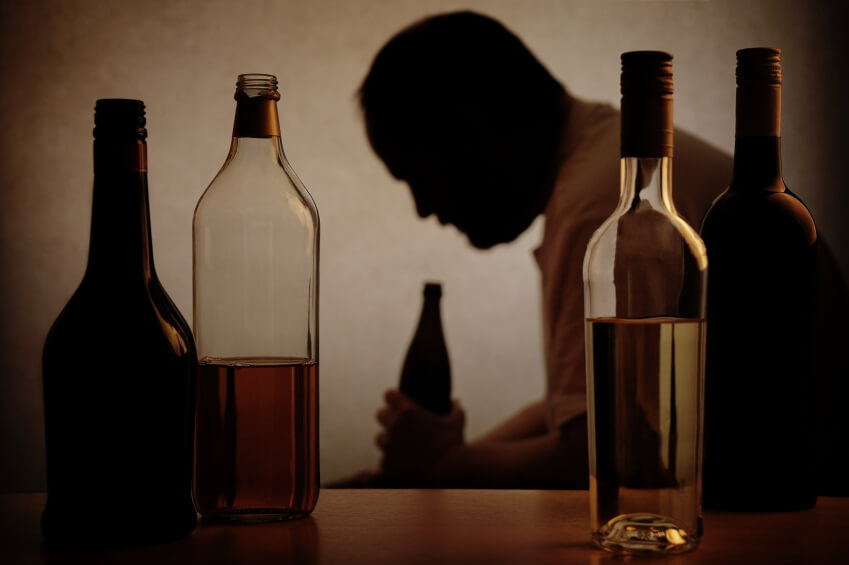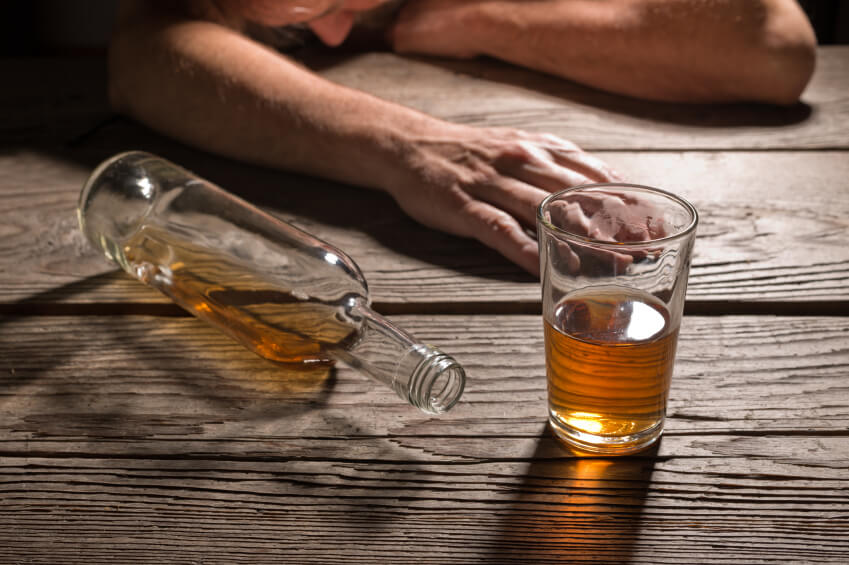
While a person of any age may drink too much or have problems with alcohol consumption; older adults have unique issues that make drinking a serious issue. In many cases, older people have health problems that require taking medication. These drugs, when combined with alcohol, have devastating consequences.
While some older adults may be able to tolerate a drink or two a day, others may not have that option. The effects of alcohol are more noticeable in older adults as compared to younger adults. This difference is usually either due to health conditions or medications taken. Many older adults may drink and not realize they have a problem. Because older adults have less fluid in their system, in general, they may feel the effects of alcohol more as they age than they did when they were younger. They may consume the same amount of alcohol as they always did, but it hits them harder.
Alcohol Makes Health Conditions Worse
Older adults tend to have health problems. Drinking alcohol tends to increase the severity of some of these health issues. For instance, some of the health conditions that are made worse by drinking include:
- High blood sugar
- High blood pressure
- Heart problems
- Liver problems
- Memory problems
- Coordination problems
Alcohol and Medications
combining many drugs with alcohol is rarely a good idea. Even herbal treatments and over-the-counter medications can be altered by drinking. Alcohol either makes the medication less effective or increases the side effects of the medication. For example, taking pain medication with alcohol can depress the central nervous system, causing sleepiness, lethargy, and even death. Always consult with a physician when taking medications to see if they are affected by alcohol consumption.
Avoid Alcohol and These Medications
Medications, even non-prescription pills, have an effect on an older adult’s body. For example, taking acetaminophen and alcohol causes liver damage, because both chemicals affect liver function. People who take prescription pain medications and drink alcohol may have problems with coordination. Memory, may become very sleepy or a change in the heartbeat. People taking an antihistamine and drinking alcohol may become extremely sleepy and have coordination problems. People who take aspirin or arthritis medications while drinking may experience an upset stomach or stomach bleeding.
Many medications stay in an older adult’s bloodstream for several hours. Alcohol also stays in their system for several hours after drinking. Even hours after taking a drug, an older adult can be adversely affected by drinking.
To avoid serious health complications, discuss combining your medications with alcohol with a trusted healthcare provider or pharmacist. They can advise any older adult about the safety of the amount of alcohol they consume, or whether they should combine their medications with alcohol. If in doubt, don’t drink. It’s better to be safe than to cause yourself harm by combining alcohol and medication.



